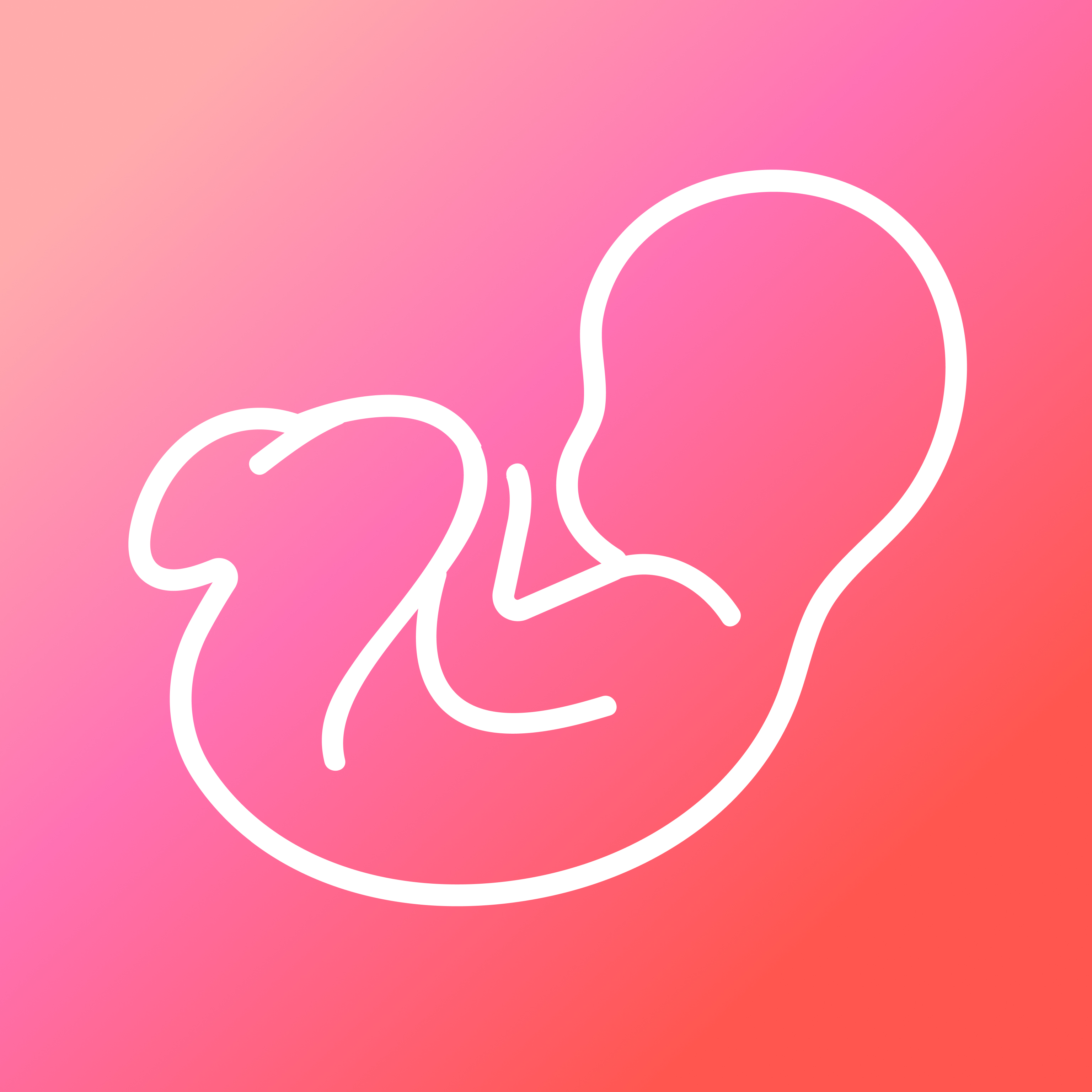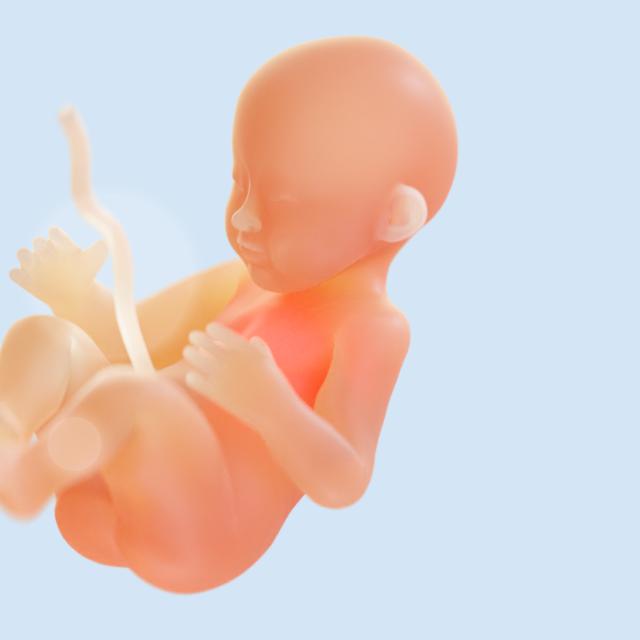As you approach the culminating weeks of your pregnancy journey, embracing the physical changes and challenges with resilience and grace becomes paramount.
Let's delve into what to anticipate at 35 weeks and practical strategies to manage these symptoms with fortitude and self-care.
Others
Insomnia Struggles: Wrestling with insomnia amidst the discomforts of late-stage pregnancy is a common occurrence, exacerbated by the challenge of finding a comfortable sleeping position and frequent nocturnal bathroom visits.
Increased Urination: Coping with more frequent urination interrupts sleep patterns, attributed to the pressure exerted on the bladder by your growing baby, necessitating hydration while managing nighttime disruptions.
Heartburn and Indigestion: Confronting heartburn and indigestion introduces additional discomfort, linked to the expanding uterus impinging on stomach space, necessitating dietary adjustments and smaller, more frequent meals for relief.
Vaginal Discharge: Acknowledging increased vaginal discharge as a natural preparatory mechanism for childbirth, reflecting cervical mucus changes signaling the body's readiness for labor.
Navigating Insomnia: Embracing insomnia as a typical late-pregnancy challenge underscores the importance of maintaining a comfortable sleeping environment, minimizing screen time, and investing in supportive sleep aids such as maternity pillows.
Acknowledging Bladder Pressure: Recognizing increased urination as a consequence of your baby's descent into the pelvis underscores the importance of hydration while managing nocturnal bathroom trips to optimize sleep quality.
Addressing Digestive Discomforts: Mitigating heartburn and indigestion entails adopting dietary modifications such as smaller, more frequent meals and avoiding trigger foods, fostering relief amidst the physical demands of late-stage pregnancy.
Embracing Nesting Instinct: Celebrating bursts of energy and nesting instincts as natural manifestations of late-pregnancy preparations imbues expectant mothers with a sense of empowerment and readiness for impending motherhood.
Bedtime Optimization: Prioritize restful sleep by creating a conducive sleep environment, minimizing distractions, and investing in supportive sleep aids such as maternity pillows to alleviate discomfort and promote relaxation.
Hydration Management: Balance hydration needs with nocturnal bathroom disruptions by spacing water intake throughout the day, opting for small sips and avoiding excessive consumption before bedtime to minimize nighttime awakenings.
Dietary Adjustments: Alleviate heartburn and indigestion discomfort by opting for smaller, more frequent meals, avoiding trigger foods, and incorporating healthy snacks to support digestion and minimize gastric discomfort.
Edema Management: Combat fluid retention and edema by maintaining adequate hydration, engaging in gentle movement to promote circulation, and elevating swollen extremities to alleviate discomfort and promote fluid redistribution.
Nesting Moderation: Embrace nesting instincts while prioritizing rest and self-care, striking a balance between preparatory activities and adequate rest to conserve energy and optimize physical well-being.
Stay informed about potential warning signs and complications
Research potential pediatricians
Consider taking a hospital or birth center tour to familiarize yourself with the environment
Discuss any concerns or questions you may have with your healthcare provider
Start thinking about your postpartum care and recovery
Prepare for potential continuations of Braxton Hicks contractions, the onset of a distinctive waddling gait, and potential re-emergence of early pregnancy symptoms in the coming weeks.
Stay tuned for practical insights and strategies to navigate these final stages with confidence and resilience.
















Answer
2
Answer
1